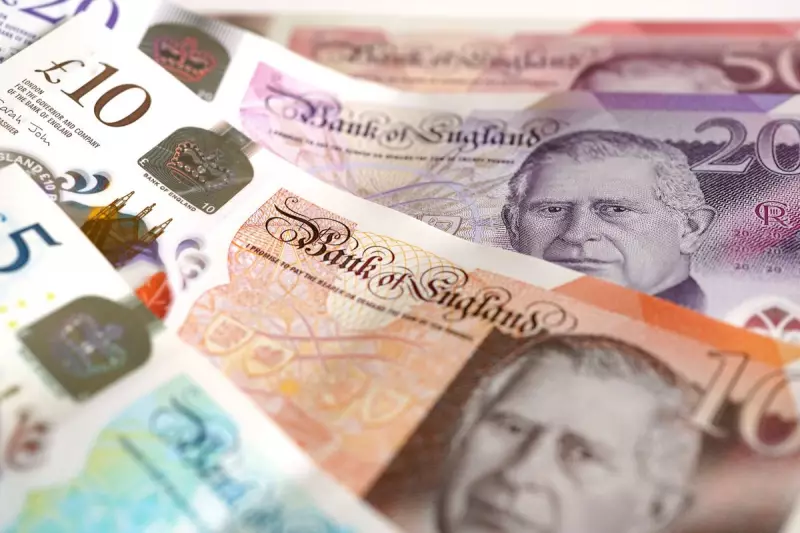
In an era of rising living costs and financial uncertainty, a revolutionary money-saving trend is sweeping across Britain that could transform your bank balance and your relationship with money forever. Welcome to the no-spend challenge – the financial phenomenon that's helping thousands regain control of their finances.
What Exactly Is The No-Spend Movement?
Unlike traditional budgeting that focuses on spending less, the no-spend trend takes a more radical approach. Participants commit to periods where they only spend on absolute essentials – think mortgage payments, basic utilities, and necessary groceries – while cutting out all discretionary purchases completely.
This isn't about deprivation but rather about resetting financial habits and discovering what truly brings value to your life beyond consumerism.
Why Brits Are Embracing The Spending Ban
The appeal is multifaceted and goes far beyond simple savings. Participants report:
- Substantial financial gains – some saving thousands of pounds monthly
- Breaking the cycle of impulse buying and emotional spending
- Rediscovering free activities and existing possessions
- Reduced financial anxiety and increased sense of control
- Developing more mindful consumption habits long-term
How to Launch Your Own No-Spend Success Story
Start With Realistic Parameters
Financial experts recommend beginning with a defined period – whether that's a no-spend weekend, week, or month. The key is setting clear rules about what constitutes essential spending in advance.
Essential Preparation Steps
- Plan your meals around existing pantry items to minimise grocery shopping
- Cancel unnecessary subscriptions and automate essential bills
- Identify your triggers – whether it's online shopping apps or certain social situations
- Create a list of free activities to replace your usual spending habits
Navigate Common Challenges
Social pressure represents one of the biggest hurdles. Being prepared with polite but firm responses when friends suggest expensive outings is crucial. Many successful participants find that being open about their challenge actually inspires others to join them.
The Psychological Payoff Beyond The Pounds
While the financial benefits are undeniable, many participants discover that the greatest rewards are psychological. The challenge forces a confrontation with our consumer-driven identities and often reveals how much of our spending is emotionally driven rather than needs-based.
"It's not just about the money you save during the challenge," explains one participant. "It's about permanently changing your relationship with spending and recognising that happiness isn't purchased."
Making No-Spend Work in The Real World
The most successful practitioners emphasise flexibility and self-compassion. If an unexpected essential arises, address it without abandoning the entire challenge. The goal is progress, not perfection.
Many find that even modified versions – like no-spend days each week or specific category bans – can deliver significant benefits without feeling overwhelming.
As the cost of living continues to challenge households across the UK, the no-spend trend offers more than just temporary relief. It provides a blueprint for building financial resilience and discovering that sometimes, the best things in life really are free.





